When I write about books, I often invite readers into deeper conversations about the classics, contemporary fiction, how stories shape us, or how racism and other issues are reflected in literature. And whenever I bring up the idea of scaffolding a reading experience—by that I mean offering thoughtful context and emotional support to help children process themes that may be more complex or tender for them—or considering another way of engaging with a book, I get a predictable kind of dismissive response from some:
- “I don’t make a big deal out of those issues; my children are too young to notice.”
- “My kids didn’t need scaffolding with this series.”
- “I only read classics when I was a kid, and I turned out fine.
- “I think it’s better to protect their innocence than to talk about things like that.”
- “We just focus on the beauty of the language and leave the rest alone.”
- “I don’t think that book has to turn into a social commentary.”
Sometimes those comments come from a sincere place, offered as a personal contribution to a larger conversation, but they can also reveal what happens when we treat our individual experiences as universal truths or use them to dismiss another person’s needs or a family’s different approach.
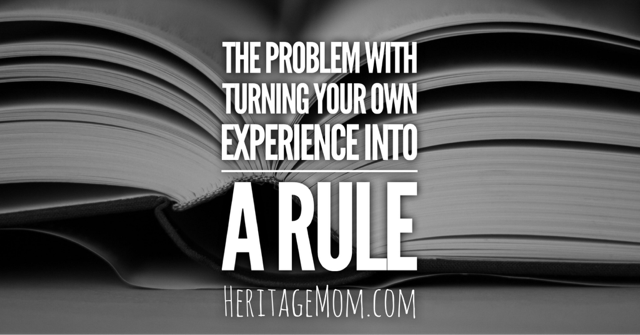
Why That’s a Problem
Not everyone is you, and not everyone is raising your kids. If a suggestion doesn’t resonate, it doesn’t mean it has no value; it may mean it’s useful for someone else’s context. These are truths that I often have to remind myself of when I sense a strong reaction to a literary opinion or suggestion.
When we build our entire framework around what worked for us (or the few families in our circle who think like us), we risk shutting down conversations that could be life-giving for others. The reality is that families, children, and communities carry different histories, needs, and sensitivities. What feels obvious or unnecessary to you may be the very tool another child needs to connect with a book, rather than abandoning it.
The Bigger Invitation
Every conversation about literature, whether we’re talking about a “problematic” classic, a dazzling new novel, or how stories handle weighty themes, offers us an opportunity. We can learn, grow, and broaden our perspectives. But only if we resist the urge to say, “This doesn’t apply to me, so it must not apply at all.”
Instead of dismissing what doesn’t fit, we might try:
- Listening for the bigger picture. If I don’t need a particular approach, can I still appreciate why it matters to someone else?
- Holding space for difference. My child may not need scaffolding, but another child might, and isn’t that worth honoring?
- Seeing beyond my bubble. If my community tends to look like me and/or think like me, I might miss just how expansive and diverse the world of readers really is.
A Posture of Openness
The point isn’t to doubt your own story. It’s valuable! But your story is one among many. When we stay open to perspectives beyond our own, we model humility, empathy, and curiosity… all qualities we’d love our children to carry into their own reading lives.
So the next time a conversation about literature doesn’t line up with your personal experience, consider this: maybe it’s not for you, but it could be a lifeline for someone else. And that, too, is worth celebrating.
Chat about books, culture, and more with me on Instagram @heritagemomblog and in my books.
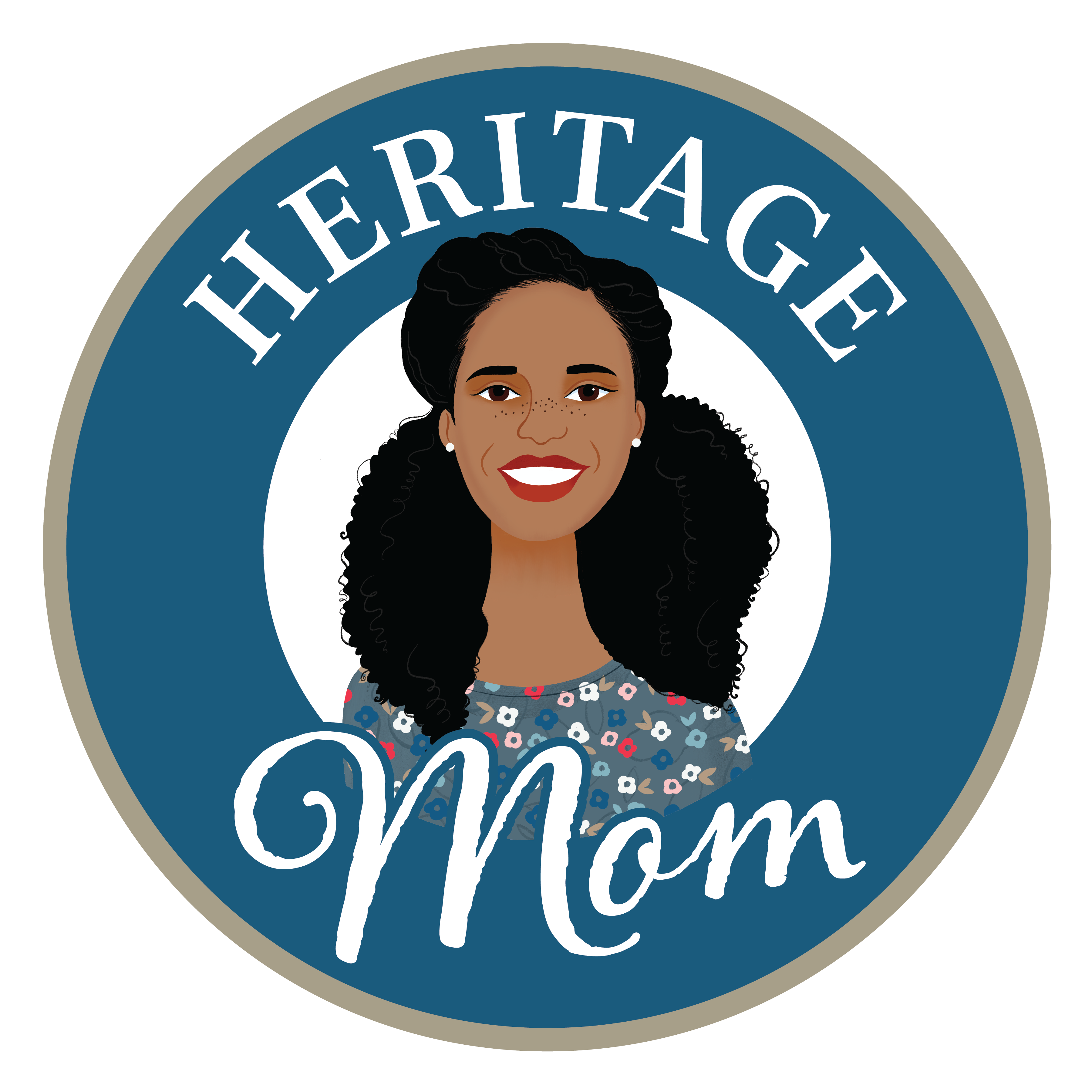
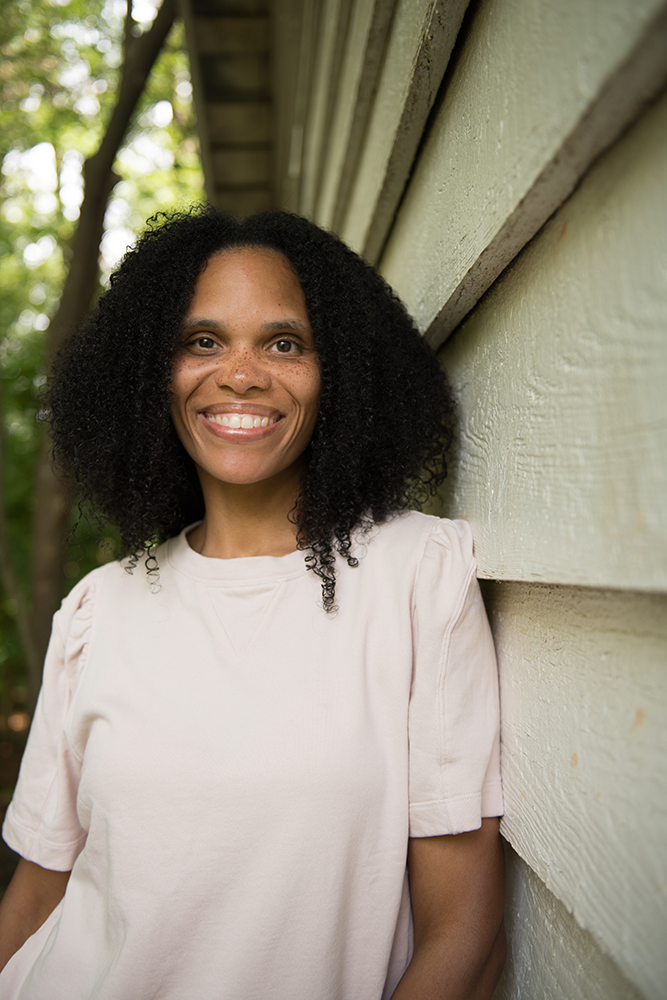
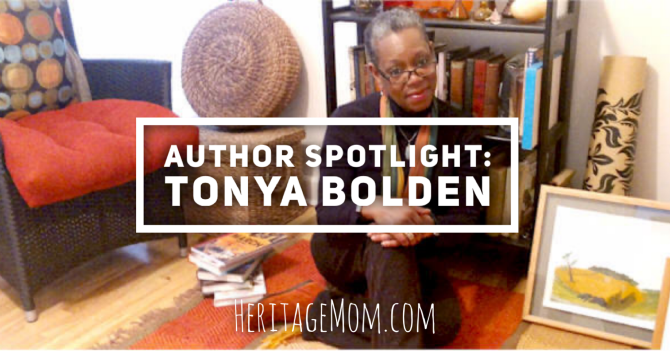

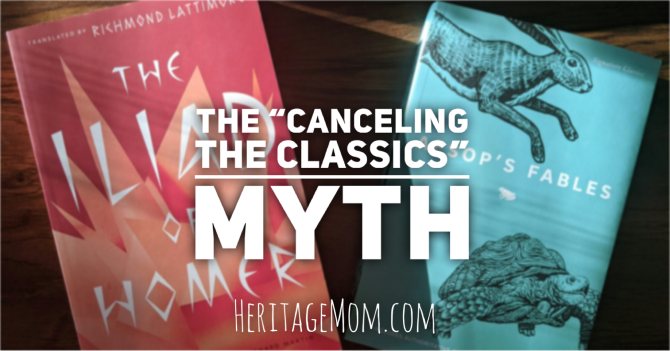
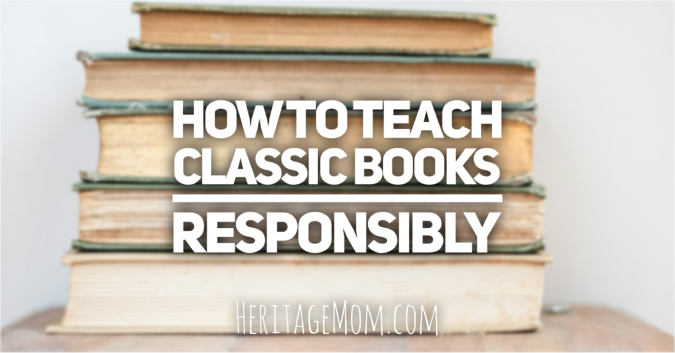
Thank you so much for this blog post. That was an excellent way of articulating a thought I’ve had, but I wasn’t sure how to say it.
I’m glad that you were able to relate to it!